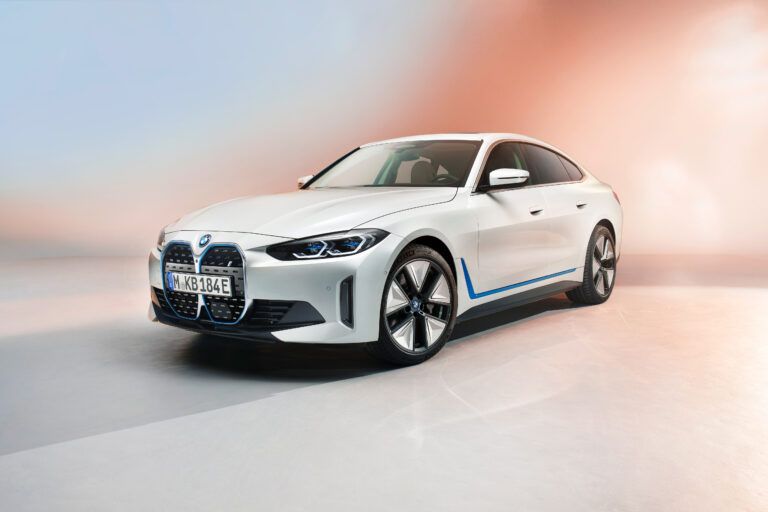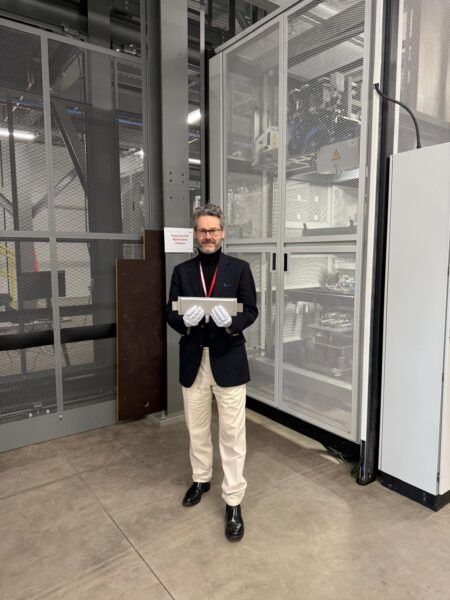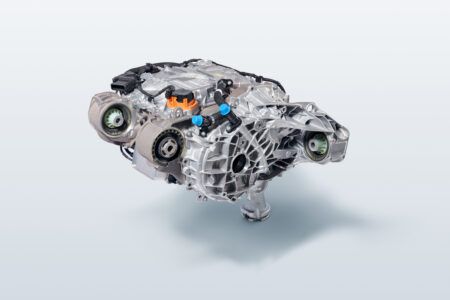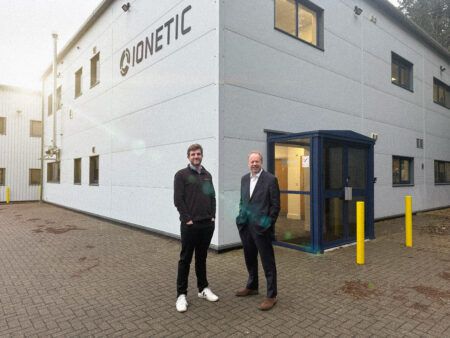Production of fifth-generation high-voltage batteries and battery modules for use in the BMW iX and BMW i4 is now underway at the Competence Centre for E-Drive Production in Dingolfing.
At the same time, the company is also increasing production capacity for its fifth-generation electric motor, which has been built in Dingolfing for the BMW iX3 since 2020 and will also power the BMW iX and BMW i4. “We expect at least 50 percent of the vehicles we deliver to our customers worldwide to be electrified by 2030. To achieve this, we are relying on our extensive in-house drive train expertise: We are increasing capacity at existing drive train production locations – like here in Dingolfing – and developing capabilities at others – like recently in Regensburg and Leipzig,” explained Dr Michael Nikolaides, Senior Vice President, Production Engines and E-Drives, BMW Group.
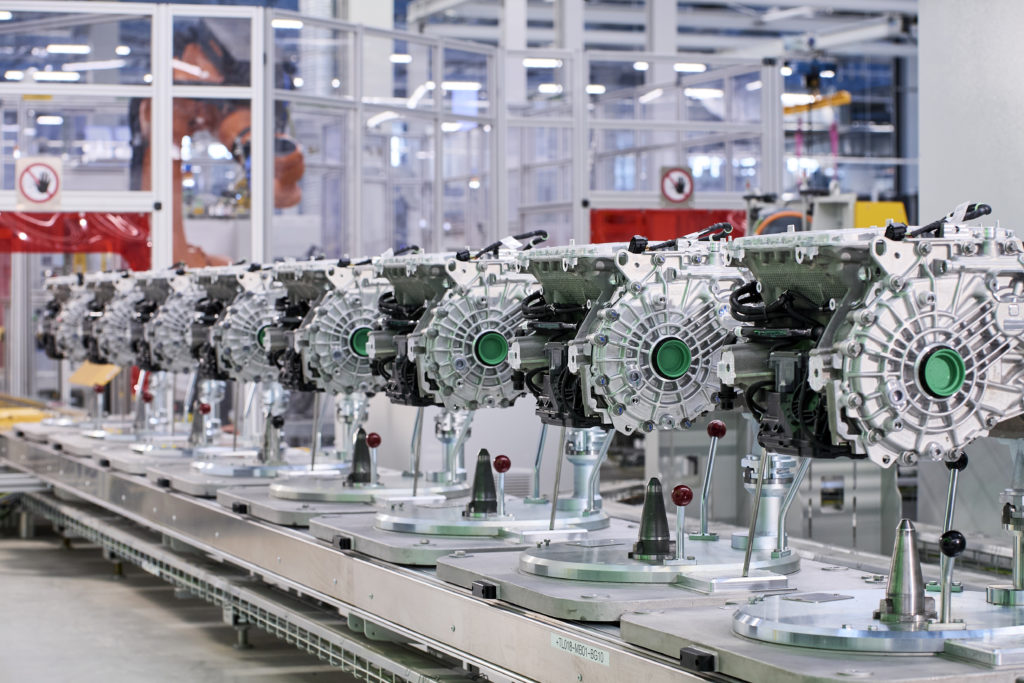
The BMW Group is investing more than 500 million euros in expanding production capacity for e-drives at its Dingolfing location alone between 2020 and 2022. From 2022, it will produce e-drives for more than half a million electrified vehicles. The BMW Group will invest a total of around 790 million euros in expanding capacity for electric powertrain components at its Dingolfing, Leipzig, Regensburg and Steyr locations between 2020 and 2022.
Standard production of the BMW iX will soon get underway at BMW Group Plant Dingolfing, followed by production of the BMW i4 at Plant Munich in the autumn. The highly integrated e-drives and high-voltage batteries for these vehicles will all be manufactured at the Competence Centre for E-Drive Production in Dingolfing. The BMW Group already began producing battery components at Plants Regensburg and Leipzig in April and May 2021. In line with growing demand for e-drives, BMW Group Plants Landshut and Steyr are also stepping up production of e-drive housings.
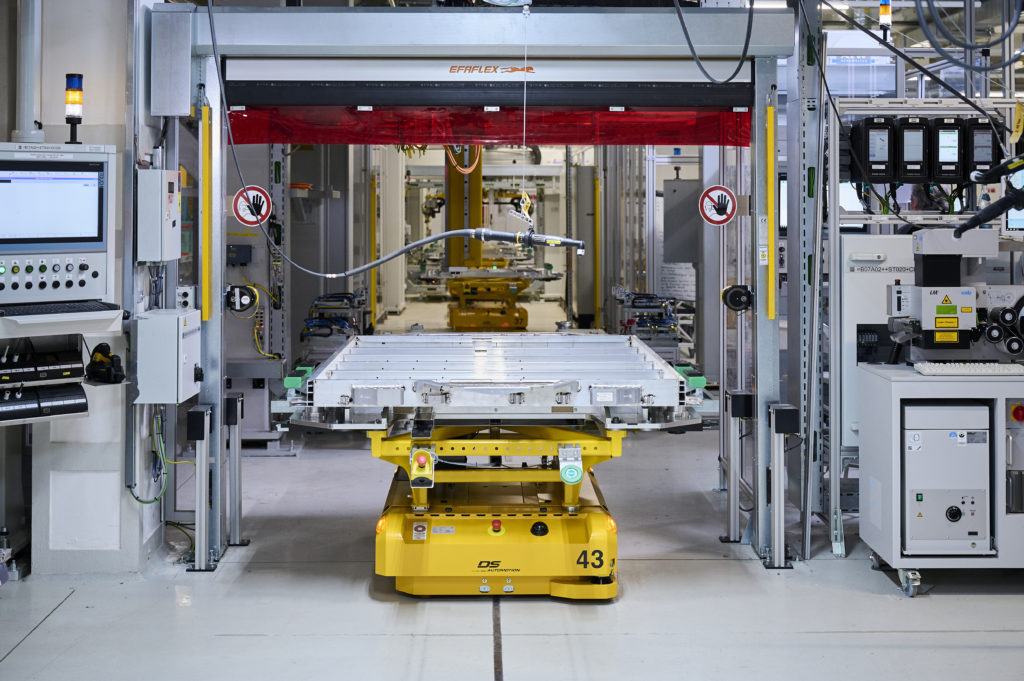
The output and energy content of drive units and high-voltage batteries with fifth-generation BMW eDrive technology can be flexibly scaled. This means they can be optimally adjusted to suit different model variants.
Each vehicle uses up to two highly integrated e-drives, which combine the electric motor, power electronics and transmission in a single housing. Based on the design principle of a current-excited rotor, the fifth-generation e-drive does not require any materials classified as rare-earth metals.
BMW eDrive technology also comprises a high-voltage battery with state-of-the-art battery cell technology. The BMW Group agreed with its suppliers that they will only use renewable green power for producing fifth-generation battery cells. The entire high-voltage battery boasts outstanding qualities in the areas of performance, charging and discharging characteristics, durability and safety. The technically standardized production process for battery modules has been further developed in such a way that different module variants can be produced on the same production line – in line with the growing range of electrified vehicle models and performance levels. The production systems are highly flexible and scalable. Battery modules are produced from supplied prismatic battery cells at the respective BMW Group production location. A modular system developed in-house allows model-specific high-voltage batteries to be manufactured from these modules in a flexible arrangement.
By 2030 at least 50 percent of global BMW Group sales will be fully electric as the BMW Group continues its massive electromobility ramp-up. The company will offer five fully-electric models by the end of this year: the BMW i3, the MINI Cooper SE and the BMW iX3, as well as the two main innovation flagships, the BMW iX and BMW i4.
Between now and 2025, the BMW Group will increase its sales of fully-electric models by an average of well over 50 percent per year – more than ten times the number of units sold in 2020.


